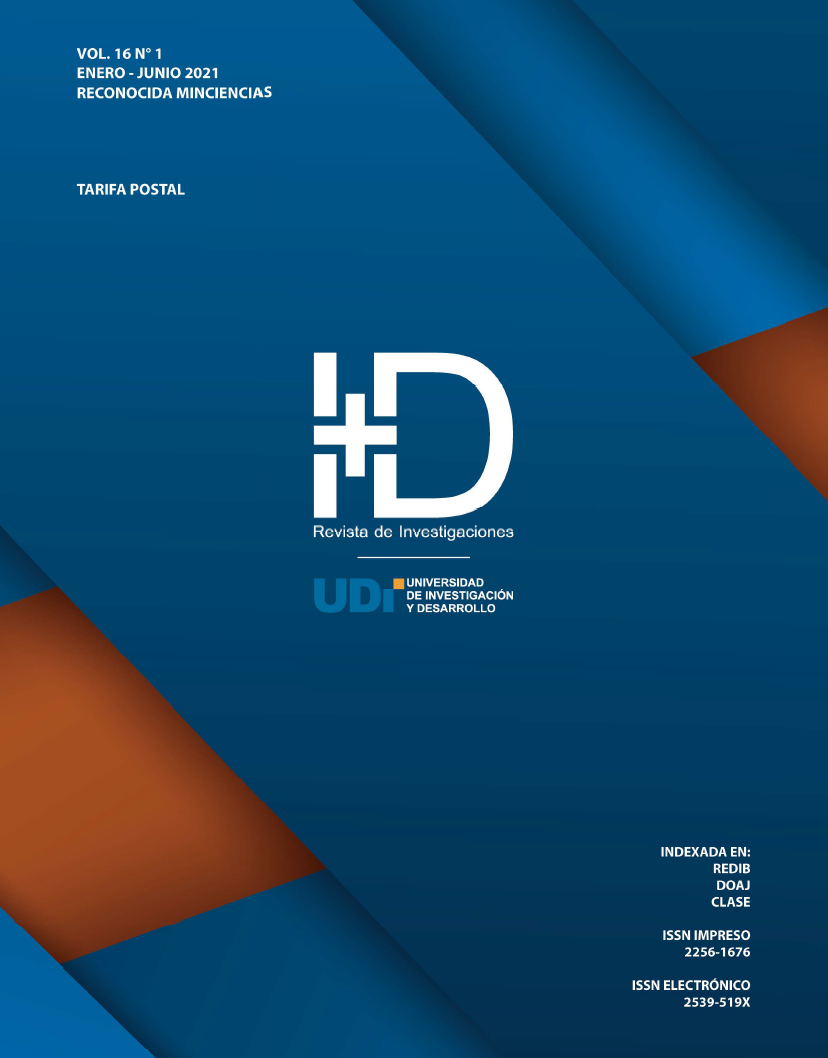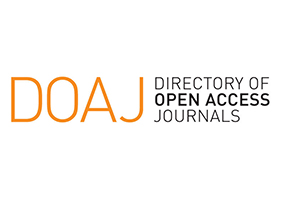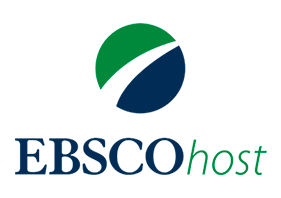Ejercicio lúdico orientado a la apropiación de los Objetivos de Desarrollo Sostenible de la ONU
DOI:
https://doi.org/10.33304/revinv.v16n1-2021001Palabras clave:
Desarrollo sostenible, gamificación, lúdicas, ODSResumen
El desarrollo sostenible es un tema de interés mundial, dado que busca proteger los recursos de las generaciones futuras. Es por esto que el Programa de las Naciones Unidas para el Desarrollo hace un llamado a la población a hacer uso de la creatividad y el conocimiento para proteger el planeta y garantizar que todas las personas gocen de paz y prosperidad para el año 2030, por medio del apoyo al cumplimiento de los Objetivos de Desarrollo Sostenible. Por tanto, en este artículo se describe el proceso mediante el cual se diseña una lúdica orientada a la promoción de los mencionados objetivos entre estudiantes de educación superior. La metodología usada fue el design thinking, con participación de integrantes del Laboratorio de Innovación Educativa GALEA. Los resultados permiten evidenciar que es factible diseñar una actividad que promueva la apropiación de los 17 Objetivos de Desarrollo Sostenible, y abre un espacio a futuro para la aplicación de la lúdica en entornos de clases, así como para su evaluación de impacto.Descargas
Citas
Acosta-Medina, J. K., Torres-Barreto, M. L., Álvarez-Melgarejo, M. y Paba-Medina, M. C. (2020). Gamificación en el ámbito educativo: Un análisis bibliométrico. I+D Revista de Investigaciones, 15(1), 30–39.
Aparicio, D., Torres-Barreto, M. y Alvarez-Melgarejo, M. (2018). Competencias ciudadanas desde un enfoque de gamificación. https://hal.archives-ouvertes.fr/hal-01952203
Brown, T. (2008). Design Thinking. Harvard Business Review, 86(6), 84.
Brundtland, G. H. (1987). Informe de la Comisión Mundial sobre el Medio Ambiente y el Desarrollo: Nuestro futuro común. Documentos de Las Naciones, Recolección de Un…, 416.
Burke, B. (2014). Gamify: How Gamification Motivates People to Do Extraordinary Things. Gartner Inc.
Castillo-Vergara, M., Alvarez-Marin, A. y Cabana-Villca, R. (2014). Design Thinking: How to Guide Students and Business Entrepreneurs in the Application. Ingeniería Industrial, 35(3), 301–311.
CEPAL. (2018). La Agenda 2030 y los Objetivos de Desarrollo Sostenible: Una oportunidad para América Latina y el Caribe. Naciones Unidas https://repositorio.cepal.org/handle/11362/40155.4
Herrán, A. (2011). Técnicas didácticas para una enseñanza más formativa. En N. Álvarez Aguilar y R. Cardoso Pérez (Coords.), Estrategias y metodologías para la formación del estudiante en la actualidad. Universidad de Camagüey. http://radicaleinclusiva.com/wp-content/uploads/2018/01/teuniv.pdf
Deterding, S. (2012). Gamification: Designing for Motivation. Iteractions, 19(4), 14. https://doi.org/10.1145/2212877.2212883
Escamilla, J., Fuerte, K., Venegas, E., Fernández, K., Elizondo, J. y Román, R. (2016). Gamificación. En Observatorio de Innovación Educativa del Tecnológico de Monterrey (pp. 1-36). http://eduteka.icesi.edu.co/pdfdir/edutrends-gamificacion.pdf
FAO. (2019). El apoyo de la FAO para alcanzar los Objetivos de Desarrollo Sostenible en América del Sur. Panorama actual. Santiago de Chile, 1-76. http://www.fao.org/3/ca3884es/ca3884es.pdf
Gallopín, G. (2003). Sostenibilidad y desarrollo sostenible: un enfoque sistémico. Cepal.
Gómez, C. (2017). Objetivos de Desarrollo Sostenible (ODS): una revisión crítica. Papeles de relaciones ecosociales y cambio global, (140), 107-118.
IDEO. (2014). Design Thinking en Español. Dinngo http://www.designthinking.es/inicio/
Kapp, K. M. (2012). The Gamification of Learning and Instruction: Game-Based Methods and Strategies for Training and Education. John Wiley & Sons. https://doi.org/10.1145/2207270.2211316
Lobo-Rueda, M. A., Paba-Medina, M. C. y Torres-Barreto, M. L. (2020). Análisis descriptivo de experiencias gamificadas para enseñanza y aprendizaje en educación superior en ingeniería. Revista ESPACIOS, 41(16), 21. https://www.revistaespacios.com/a20v41n16/20411621.html
Marrero, O., Mohamed, R. y Xifra, J. (2018). Habilidades blandas: necesarias para la formación integral del estudiante universitario. Revista Científica Ecociencia, 5, 1-18.
Ruiz, L. (2007). Formación integral: Desarrollo intelectual, emocional, social y ético de los estudiantes. Revista Universidad de Sonora, (1), 11–13.
SDSN Australia/Pacific. (2017). Cómo empezar con los ODS en las universidades: una guía para las universidades, los centros de educación superior y el sector académico. Sustainable Development Solutions Network – Australia/Pacific. https://reds-sdsn.es/wp-content/uploads/2017/02/Guia-ODS-Universidades-1800301-WEB.pdf
Steinbeck, R. (2011). El «design thinking» como estrategia de creatividad en la distancia. Comunicar, 19(37), 27-35. https://doi.org/10.3916/C37-2011-02-02
Tobón, S. (2010). Formación integral y competencias. Pensamiento complejo, currículo, didáctica y evaluación. (3.a ed.). Centro de Investigación en Formación y Evaluación CIFE. Ecoe Ediciones, 2010.
Torres-Barreto, M. L., Alvarez-Melgarejo, M. y Ardila, T. Y. (2018). Laboratorio GALEA: un espacio en transformación e innovación para la enseñanza-aprendizaje. https://hal.archives-ouvertes.fr/hal-01894004
Vicerrectoría de Investigación y Extensión. (2020). Portafolio de Programas 2020. https://n9.cl/tn1u
Werbach, K. y Hunter, D. (2012). For the Win: How Game Thinking Can Revolutionize Your Business. Wharton Digital Press.












